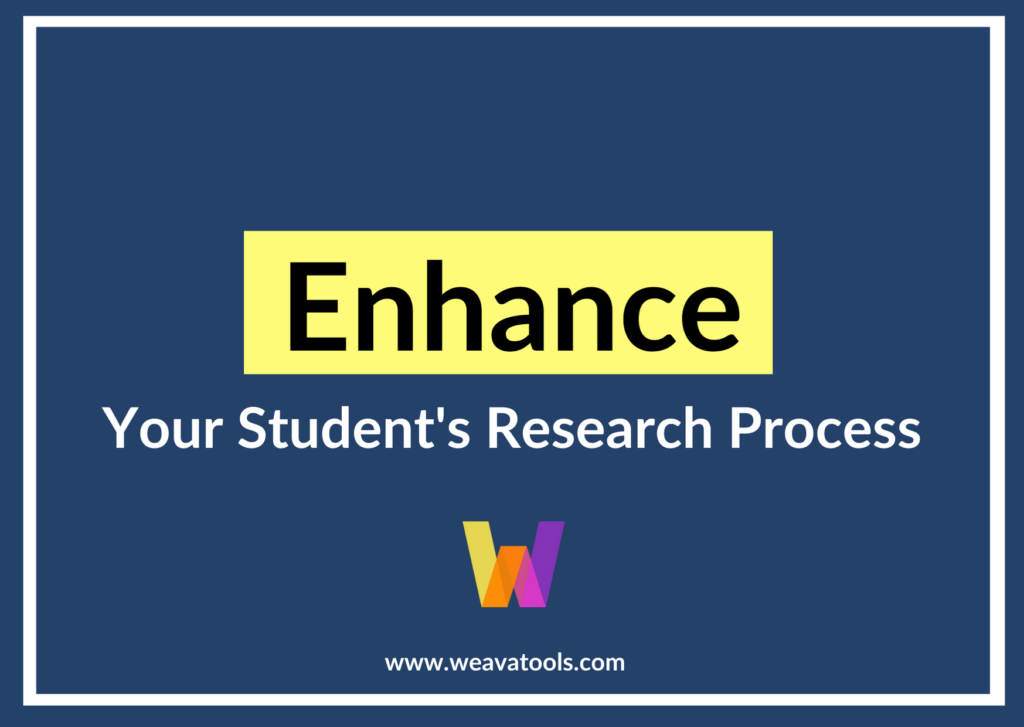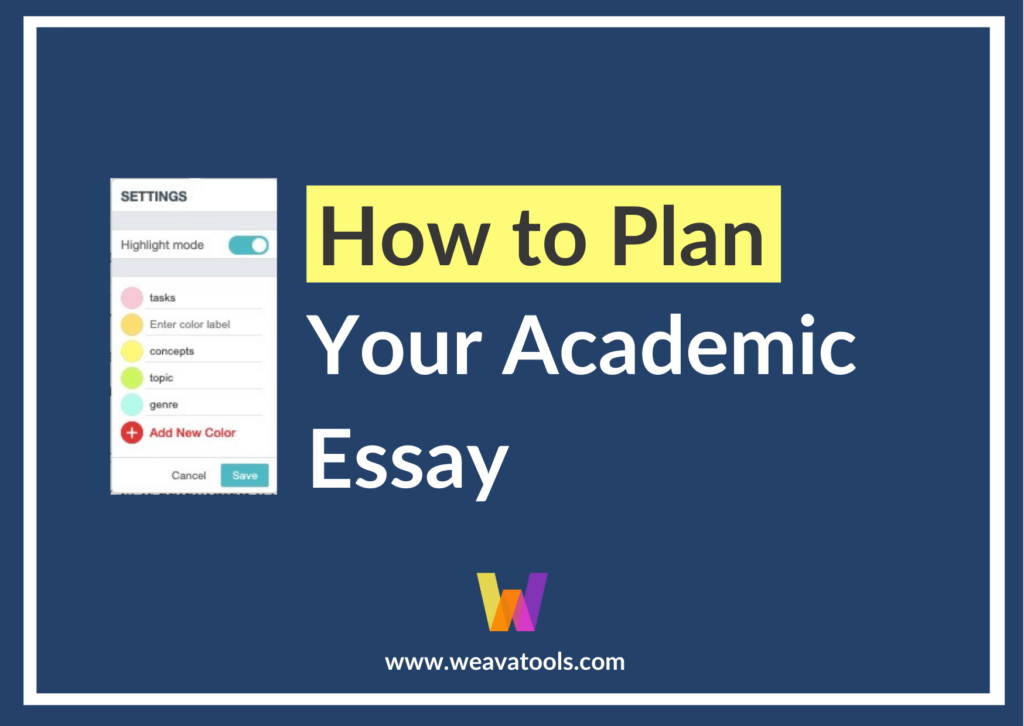As a software that serves more than 600,000 users, primarily students pursuing higher education, Weava is designed to help our users stay organized and productive online. Naturally for us at Weava, we care about how our users are collecting, selecting, and interpreting information.
We live in an era of information overflow. Without proper tools and knowledge to discern useful information, it is easy to be misguided by the plethora of disinformation, hate speech, and fake news accessible at our fingertips. This is a guide for you to develop information literacy and awareness to filter such disinformation.
Definition of Disinformation, Hate Speech, and Fake News
First of all, what are disinformation, hate speech, and fake news? And how can we identify them and filter them out from the pool of web resources?
- Disinformation
Many people are easily confused between disinformation and misinformation because both terms refer to false information. However, disinformation actually means false information with an intent to deceive or mislead. As defined by the European Commission, “Disinformation is “verifiably false or misleading information created, presented and disseminated for economic gain or to intentionally deceive the public. Misinformation is verifiably false information that is spread without the intention to mislead, and often shared because the user believes it to be true”.
When conducting research, you should be conscious that disinformation may be disguised as facts or credible opinions in some columns or articles. Applying vigilance in selecting credible secondary sources of information can prevent further propagation of disinformation.
- Hate Speech
According to the United Nations, hate speech can be defined as “any kind of communication in speech, writing or behaviour, that attacks or uses pejorative or discriminatory language with reference to a person or a group on the basis of who they are, in other words, based on their religion, ethnicity, nationality, race, colour, descent, gender or other identity factor Hate speech can happen in many forms, such as insults, discrimination, dehumanization, demonization, and incitement to violence.
Understanding hate speech is crucial for us to not be swayed by the skewed perspectives of such sources, and also to not inadvertently create any materials that may be conceived as hate speech. You should not be referring to sources that purposefully disrespect any groups of people for your research to be objective, fair, and just. Be inclusive and respectful of the diversity of the audience and readers.
- Fake News
Fake news can be defined as any false or misleading information that is presented as news. It often has the aim of damaging the reputation of a person or entity or profiting from unsubstantiated or even unethical marketing claims. Fake news is usually characterized by click-bait titles or provocative content that can easily go viral, diffusing quickly among the public, especially on social media platforms such as but not limited to Facebook or Twitter. This is partly due to information overload, our cognitive biases, and potentially, the sense of novelty we register with falsehood, argued the researchers who found that false news may spread 10 to 20 times faster than true news.
The rapid and easy spread of fake news can adversely affect people’s perception and understanding of the incidents that are happening in our society and our world. Fake news poses a threat to democratic societies built by well-informed citizens, and likewise, it creates additional hurdles for research work. If you use fake news as the references and citations for your research papers, you will be misleading your colleagues working in the same field or negatively impact the stakeholders affected by the issues of your topic. Once your dubious sources are discovered by peers reviewing your papers, the credibility of your research endeavors will be reduced.
Guard Yourself Against Disinformation with Information Literacy
Developing information literacy is key to safeguarding ourselves against the trap of using disinformation, hate speech, and fake news. According to the ACRL Framework for Information Literacy for Higher Education in 2015, “Information literacy is the set of integrated abilities encompassing the reflective discovery of information, the understanding of how information is produced and valued, and the use of information in creating new knowledge and participating ethically in communities of learning.”
Such capability to effectively locate, evaluate, and use processed information is crucial for everyone to stay a critical and independent thinker, and to establish informed opinions to participate in knowledge exchange and collaboration. These four principles, recommended by Larry Ferlazzo in Education Week, can help you develop information literacy and navigate the world of information overload.
- Be critical: Don’t trust all of the content that you find online, even when someone you know sends it to you. It’s important to think critically about what you read on the internet.
- Search for indicators: Analyze the sources that a news piece cites and be observant of advertisements that can reveal a lot about any hidden goals of an outlet.
- Corroborate: Spend time doing research of your own. Make sure that the source is credible and see if you can verify other sources of the same news.
- Check to be sure: Nonpartisan fact-checking sites such as Factcheck.org and Politifact.com are tools that can help you verify what is true and uncover what is false.
The CRAAP test is another way to effectively evaluate the credibility and relevance of your web sources.
- Currency: Has the article or the information within been updated recently?
- Relevancy: Is the content related or significant to your topic of research or your intended audience?
- Authority: Is the author qualified? What are the credentials of the author?
- Accuracy: Is the information backed by evidence? Are the facts quoted properly referenced? Are there any typographical errors?
- Purpose: What is the intention of the author? Is it to inform, entertain, or persuade?
You can also visit Weava’s previous article to learn more about how to know your sources and to assess their quality.
Weava for Students
Weava is a great tool for students as it helps you to easily retain information and stay organized on the web. Weava is currently used by hundreds of thousands of users worldwide in their academic journeys. If you haven’t already, consider downloading the Weava Chrome extension today.


